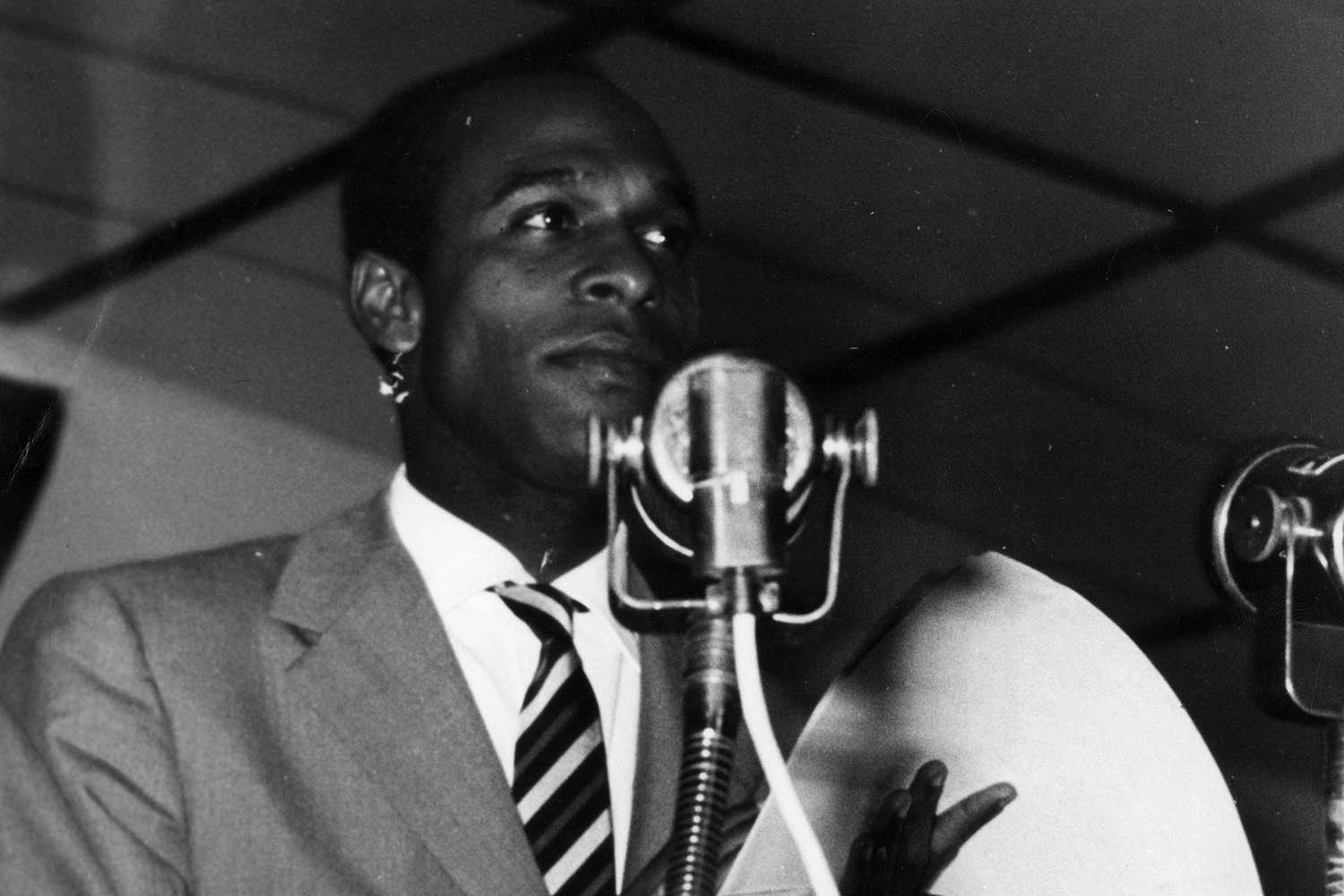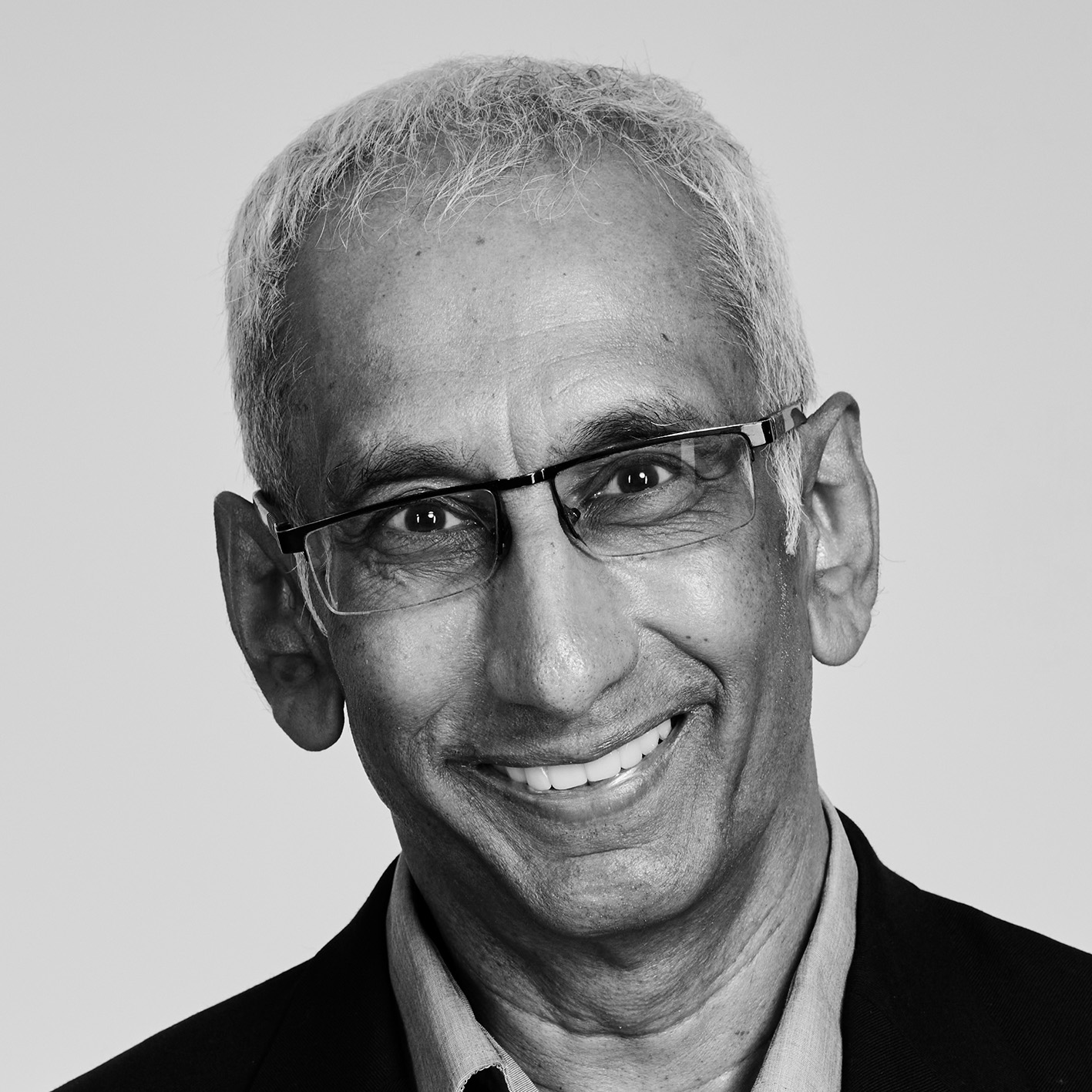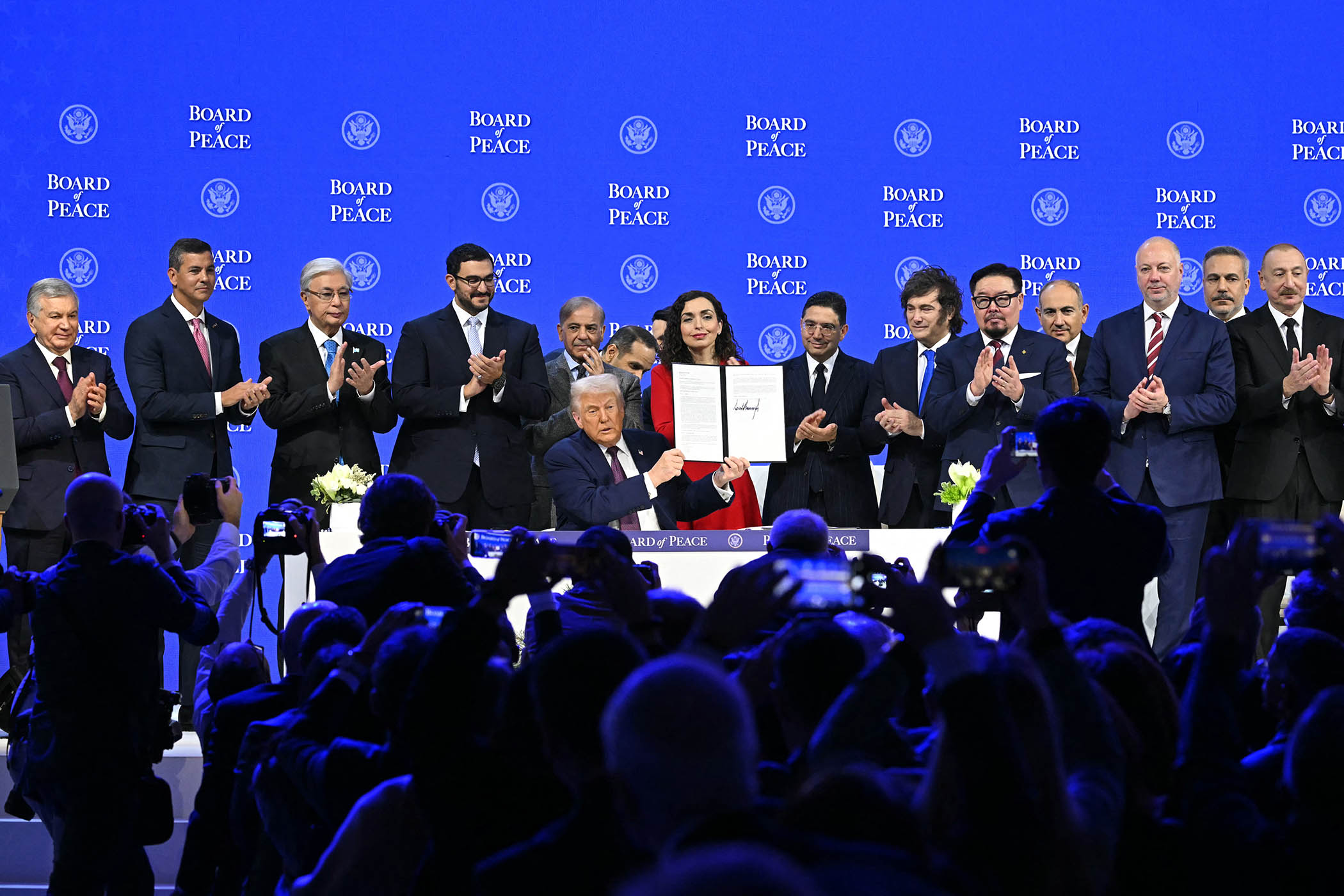‘Every brother on the rooftop can quote Fanon,” the Black Panthers’ Eldridge Cleaver once claimed. In the 1960s, Frantz Fanon, the Caribbean-born Algerian revolutionary, was a hero of Black Power and national liberation movements, drawn as they were to his excoriation of colonialism. By the 1980s, Fanon had become an icon of postcolonial theory, lauded as a critic of the Enlightenment and a progenitor of identity politics. Today, as Gaza is laid to waste, some have seized on Fanon to justify the Hamas slaughter of 7 October.
Ever since his untimely death from leukaemia in 1961, Fanon has been turned into a mythic figure, emblematic of various causes, admired and loathed in equal measure. Yet Fanon was a far more conflicted and allusive thinker than the myth suggests. This month marks the centenary of Fanon’s birth, an apposite moment at which to reassess his legacy.
Born in the French colony of Martinique, Fanon joined the Free French forces in 1943 as a teenager. Believing that “freedom is indivisible”, he wanted to enlist in the global fight against racism and fascism. What he discovered was a French army that itself was constructed as a racial hierarchy. As it crossed into Germany, Fanon’s regiment was “whitened” by the removal of all African soldiers. He had been “deluded”, he wrote angrily to his parents. Fanon, though, never abandoned his belief in the indivisibility of freedom; only, he now recognised that those who most proclaimed their fidelity to freedom often also viewed it as the privilege of a few.
Fanon wrestled with how the colonised should engage in the struggle for freedom
Fanon wrestled with how the colonised should engage in the struggle for freedom
What Fanon had discovered was a contradiction that has shaped the modern world – between societies that defined themselves through a commitment to equality, and social practices that denied such equality to the majority of people. It’s a contradiction that led many to question the very worth of European political and moral ideas, which at best had failed to prevent the wantonness of colonialism, at worst had provided its intellectual grounding. Non-Europeans, such critics argued, had to develop their own ideas and values, rooted in their own cultures and histories. These arguments fuelled separatist movements, such as Garveyism and Négritude, and would lay the ground for the politics of identity.
Fanon was both drawn to and repelled by such ideas. His first book, Black Skin, White Masks, explored the psychological effects of racism. To be black in a colonial society, he argued, was to exist only as “an object”, alienated from oneself. To become “disalienated”, the colonised had to reject the culture of the coloniser and find recognition in their own.
Yet, Fanon was also critical of essentialist arguments about blackness. The cultures that many celebrated as “authentically African” were, he observed, “mummified” objects. Living cultures had constantly to be made and remade. He saw neither culture nor politics as racially defined. “My black skin,” he wrote, “is not the wrapping of specific values.”
The significance of Fanon lies in his attempt to wrestle with the contradictions of the European legacy. “All the elements of a solution to the great problems of humanity have existed in European thought,” he insisted. But Europeans had not “carried out in practice the mission which fell to them”. It now fell to those struggling for freedom from colonial rule to “start a new history of man”.
Fanon came similarly to wrestle with the question of how the colonised should engage in that struggle. In 1953, he was appointed as a psychiatrist in a hospital in Algeria just as the French colony was about to explode into a bloody war for independence. Fanon became a figurehead for the Algerian liberation movement, the FLN. The independence struggle helped forge his ideas about violence and freedom. “The colonised man liberates himself in and through violence,” Fanon wrote in his final book, The Wretched of the Earth.
Related articles:
The Algerian war was pitiless. French rule was brutally violent, its suppression of those challenging that rule ferocious. The FLN bombed civilian targets and had a history of butchering opponents. Fanon justified FLN violence as the inevitable response to the brutality of colonial rule and as the colonised asserting their agency, a means of “dis-intoxicating” themselves. Nevertheless, as Adam Shatz notes in The Rebel’s Clinic, his outstanding study of Fanon, “he is also explicit in his criticisms of a politics based on revenge”, and of viewing “all members of the settler community as legitimate targets”.
What would Fanon have made of 7 October? It is, of course, impossible to say. He would probably have questioned the very question, seeing it as a way of drawing on authority rather than thinking through the question oneself. And in thinking it through, we see, as I have argued before, not a “decolonial” act but “the actions of an antisemitic, theocratic organisation detached from the moral and political frameworks that guided traditional liberation movements”, and a “betrayal of Palestinian hopes as well as a threat to Jews”.
Newsletters
Choose the newsletters you want to receive
View more
For information about how The Observer protects your data, read our Privacy Policy
If the actions of Hamas are unconscionable, so too are those of Israel. Israel represents, in many ways, a contemporary version of the contradiction with which Fanon grappled. It presents itself as a democratic nation, a bearer of civilised values in a barbarous region. It is also a nation whose Basic Law confines “the right to national self-determination … to the Jewish people”; which pursues policies of ethnic cleansing; whose politicians talk openly of “erasing the Gaza Strip from the face of the Earth”; that obliterates hospitals and schools in the name of “self-defence”.
“Our world is not Fanon’s,” Shatz observes. Unfortunately, in some ways it still is.
Photograph by Alamy



